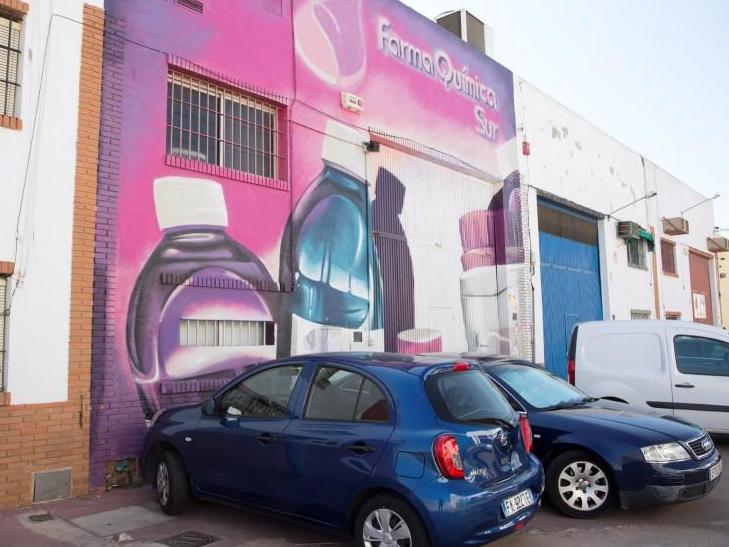Babies develop 'werewolf syndrome’ after medicine mix-up in Spain
‘My son’s forehead, cheeks, arms, legs and hands were covered with hair,’ one mother says. ‘He had the eyebrows of an adult’

At least 17 children have developed symptoms associated with so-called werewolf syndrome following a medical mix up in Spain.
The youngsters, including several babies, had hair grow all over their bodies after being given a hair loss treatment drug instead of a medicine for tummy troubles.
"My son's forehead, cheeks, arms, legs and hands were covered," one mother, Ángela Selles, from Granada, told El Pais newspaper. "He had the eyebrows of an adult. It was very scary.”
The scandal occurred after a laboratory in Malaga placed the drug minoxidil, which stimulates hair growth, in containers labelled for omeprazole, a medication which helps with gastric reflux.
The containers were then sent to pharmaceuticals across Spain, health minister Maria Luisa Carcedo said on Wednesday.
It remains unclear how the laboratory, called Farma-Quimica Sur, made the mistake, which emerged in June. But it has now been closed and the drug withdrawn from the market.
Talking about the experience, one mother named only as Amaya said she panicked when her 22-month-old daughter "began to grow hair on her face" earlier this year.
She said she immediately contacted a paediatrician and, after questioning, revealed she had been feeding her daughter a syrup, which she was told was for a stomach complaint.
She was then told to stop administering the medicine, but to "keep the bottle in the fridge" so that it could be collected and analysed. It was later found to contain minoxidil.
Victims have so far been identified in Cantabria in northern Spain, Granada in the south and Valencia in the east.
Join our commenting forum
Join thought-provoking conversations, follow other Independent readers and see their replies
Comments
Bookmark popover
Removed from bookmarks